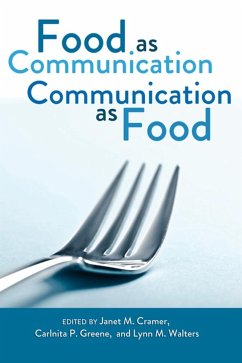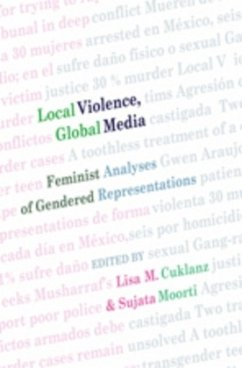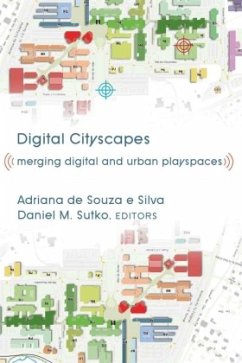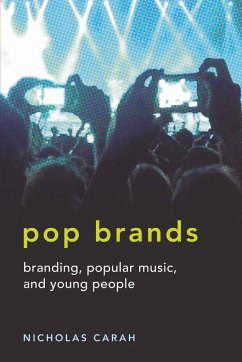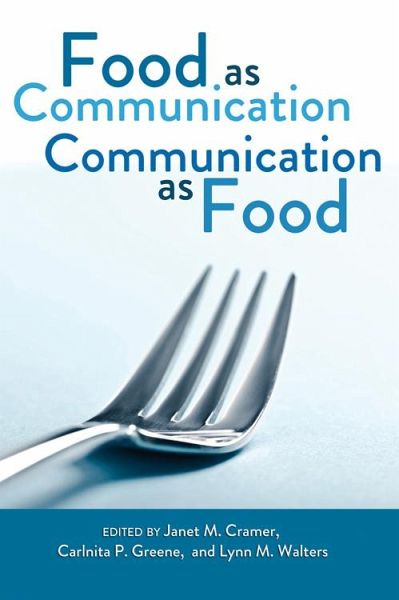
Food as Communication- Communication as Food
Versandkostenfrei!
Versandfertig in 1-2 Wochen
47,10 €
inkl. MwSt.

PAYBACK Punkte
0 °P sammeln!
From high-tech kitchen gadgets and magazines to the Food Network, the last few decades have seen a huge rise in food-focused consumption, media, and culture. The discourses surrounding food range from media coverage of school lunchrooms and hunger issues, to news stories about urban gardening or buying organic products at the local farmers market. Food is no longer viewed merely as a means of survival. International and comprehensive in approach, this volume is the first book-length study of food from a communication perspective. Scholars examine and explore this emerging field to provide defi...
From high-tech kitchen gadgets and magazines to the Food Network, the last few decades have seen a huge rise in food-focused consumption, media, and culture. The discourses surrounding food range from media coverage of school lunchrooms and hunger issues, to news stories about urban gardening or buying organic products at the local farmers market. Food is no longer viewed merely as a means of survival.
International and comprehensive in approach, this volume is the first book-length study of food from a communication perspective. Scholars examine and explore this emerging field to provide definitive and foundational examples of how food operates as a system of communication, and how communication theory and practices can be understood by considering food in this way. In doing so, the book serves to inspire future dialogues on the subject due to its vast array of ideas about food and its relationship to our communication practices.
International and comprehensive in approach, this volume is the first book-length study of food from a communication perspective. Scholars examine and explore this emerging field to provide definitive and foundational examples of how food operates as a system of communication, and how communication theory and practices can be understood by considering food in this way. In doing so, the book serves to inspire future dialogues on the subject due to its vast array of ideas about food and its relationship to our communication practices.





